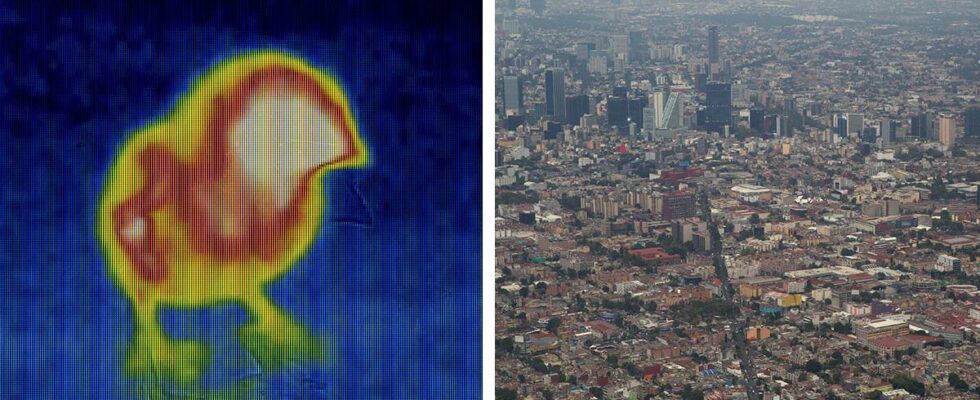Updated 00.48 | Published 00.44
unsaveSave
The 59-year-old man developed fever, shortness of breath and diarrhoea.
A week later he died in the hospital in Mexico City.
The WHO links the death to a bird flu variant that has never before been seen in humans.
The man had not been exposed to birds or other animals before he fell ill.
According to the 59-year-old’s relatives, he was bedridden for three weeks before the symptoms became more acute.
On April 17, he developed a fever, shortness of breath, diarrhea and became nauseous. A week later, he was admitted to the Iner hospital in Mexico where he was treated in the respiratory tract infection department.
Shortly afterwards he died.
Linked to local outbreak
On Wednesday confirmed the World Health Organization WHO that the man, who also had underlying illnesses, was infected with the H5N2 bird flu virus, a variant never before detected in humans.
The 17 people who cared for the man at the hospital have been tested for the infection, but no further cases have been found. Nor should the man’s relatives have tested positive.
expand-left
full screen A bird is examined for bird flu with infrared light. Archive image. Photo: Alamy Stock Photo
The WHO suspects that the case may be linked to a bird flu outbreak in Temascalapa, north of Mexico City, in March this year.
“Low risk”
The WHO writes that animal flu viruses normally infect animals, but that people who have been in direct contact with animals or have been in contaminated environments can also be infected.
There are no vaccines to prevent H5N2 infection, according to the WHO. And given that the case in Mexico is the only one reported globally, the risks are considered low.
“Based on available information, WHO assesses the current risks to the general population as low. If necessary, the risk assessment will be revised, including if information on the A(H5N2) virus detected in the local animal population becomes available.
expand-left
full screen Mexico City. Photo: Rebecca Blackwell/AP
